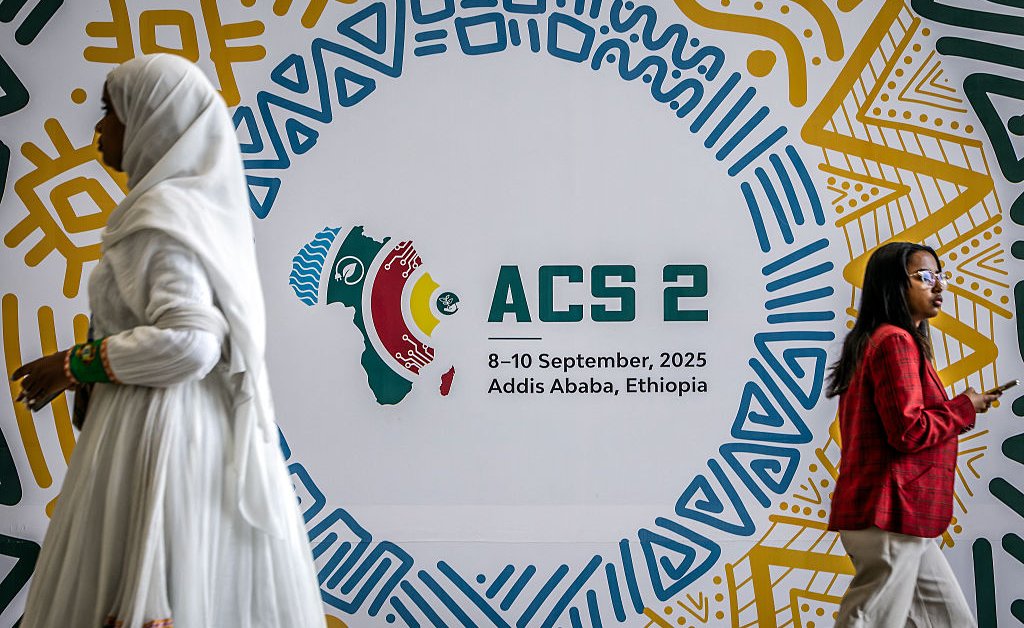Green Cash, Global Impact: How African Innovators Are Rewriting Climate Finance

At the 2025 Africa Climate Summit, prominent leaders were urged to fundamentally reshape climate response through a critical lens of decolonization. The powerful message emphasized the need to move beyond traditional, Western-centric approaches to climate action and instead center African perspectives, knowledge, and solutions.
Speakers passionately argued that truly effective climate strategies must recognize the unique challenges and innovative capacities of African nations. By decolonizing climate response, the summit highlighted the importance of empowering local communities, respecting indigenous wisdom, and creating sustainable solutions that are rooted in African contexts.
The call to decolonize climate action represents a transformative approach that challenges historical power dynamics and seeks to create more equitable, culturally sensitive environmental strategies. Leaders were challenged to reimagine climate resilience through a lens of local empowerment, cultural understanding, and collaborative global engagement.
This pivotal moment at the summit underscored the critical role of African nations in global climate discourse, demanding recognition, respect, and meaningful participation in developing solutions that will shape our planet's future.








